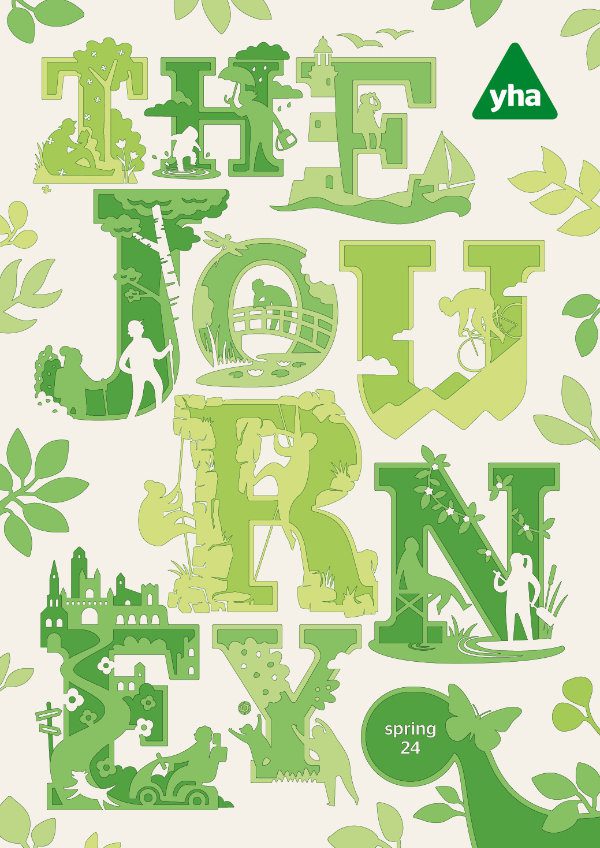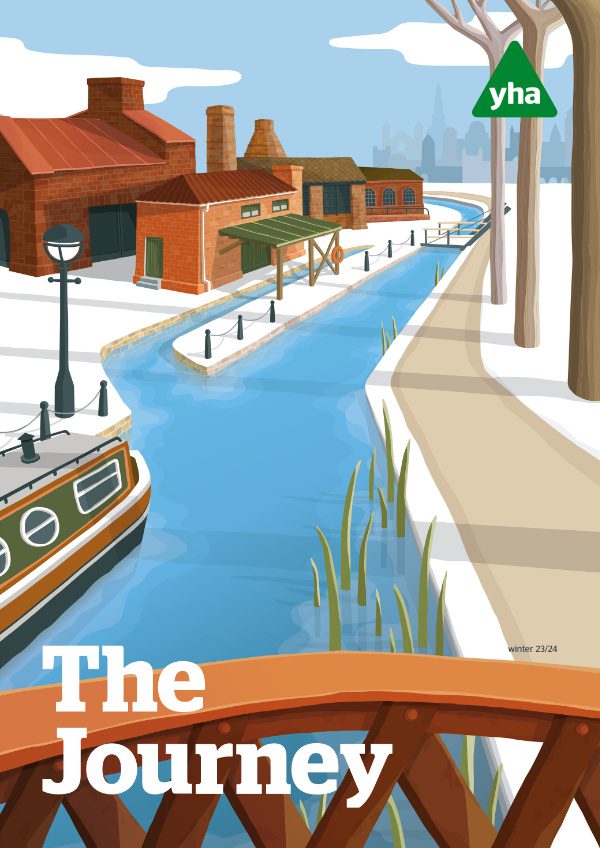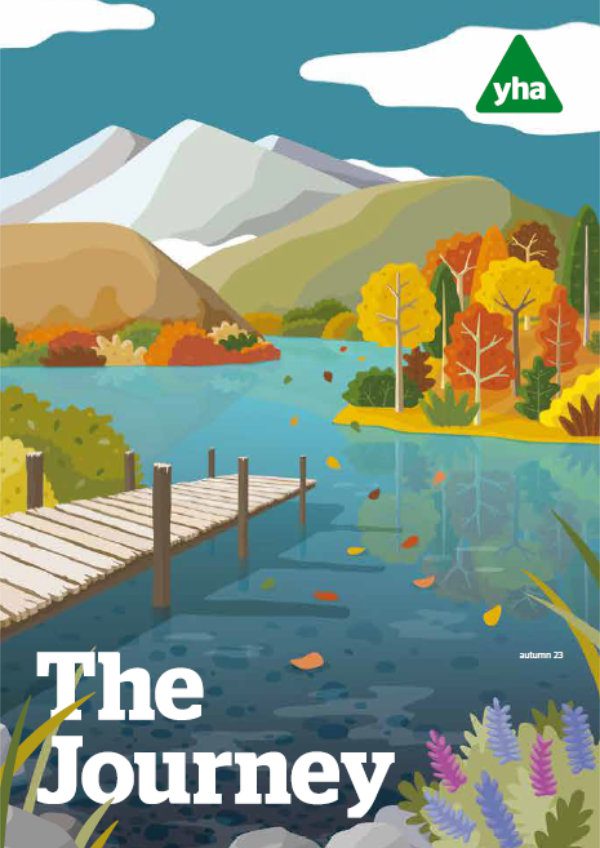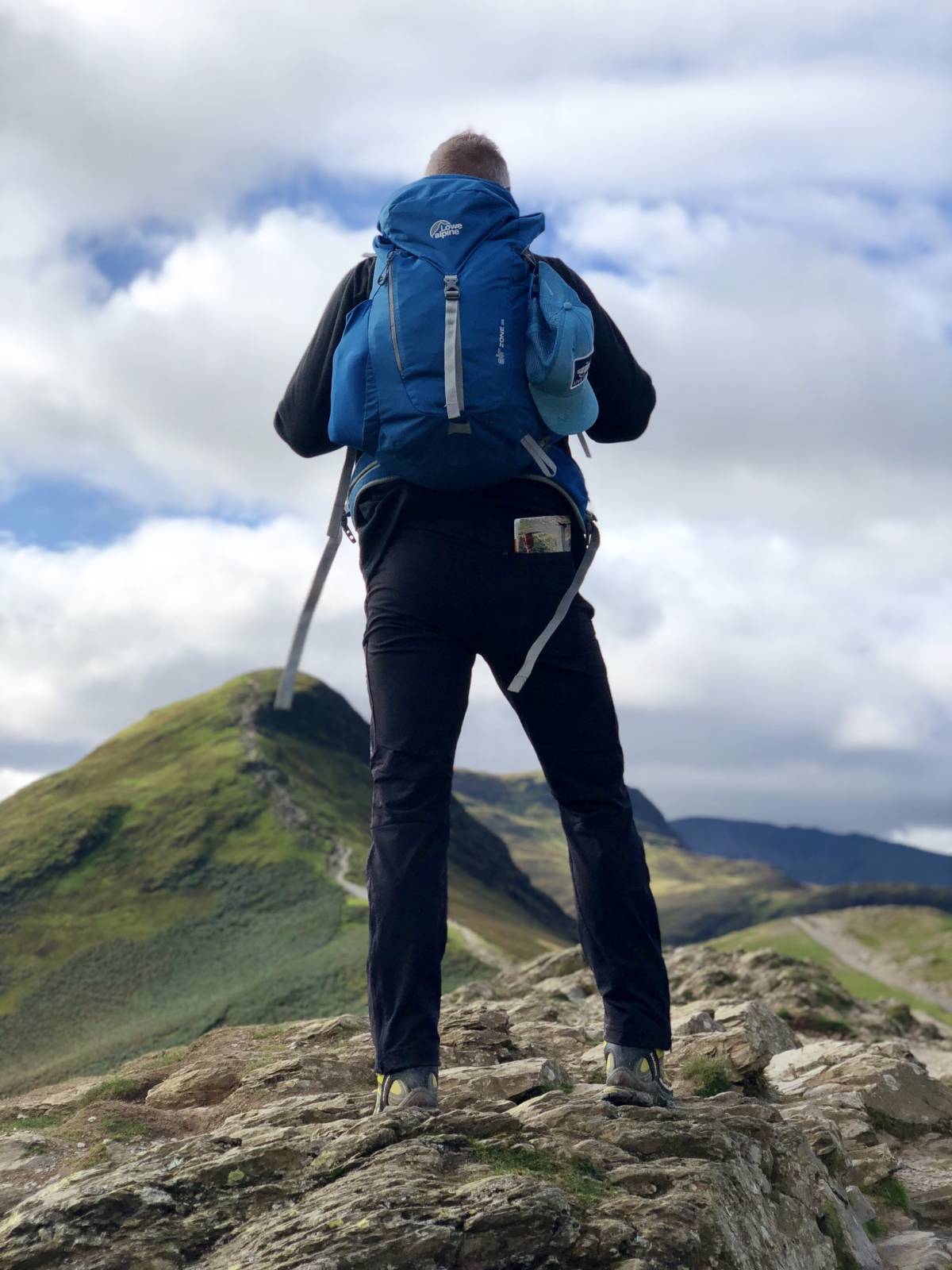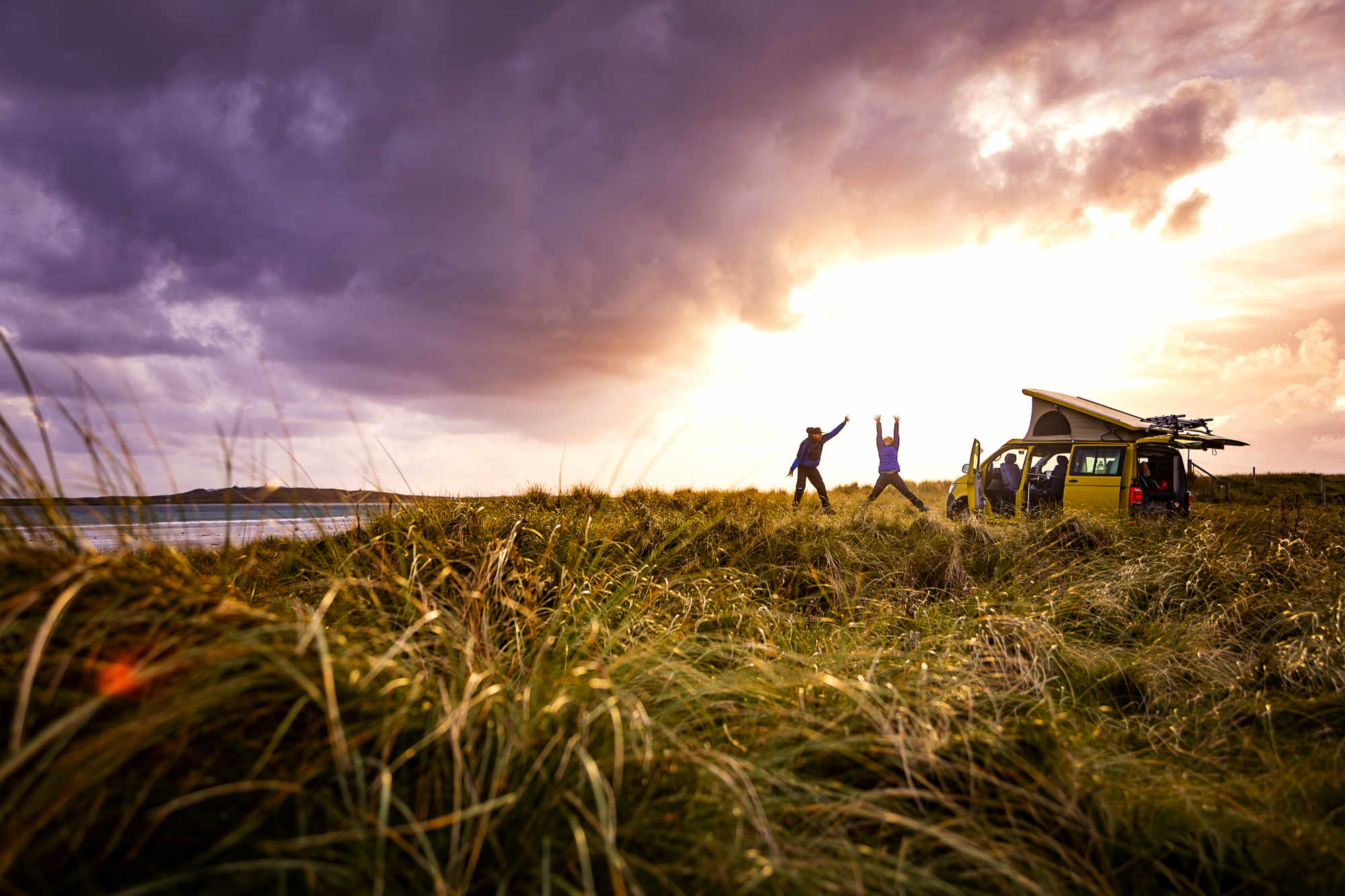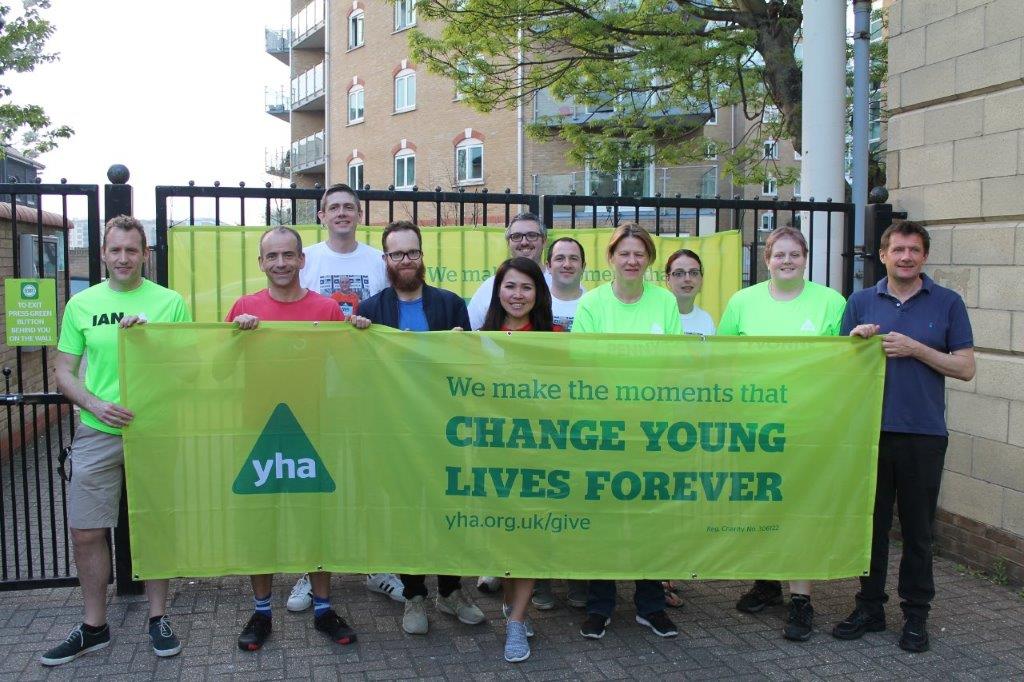Michaela Strachan is what has become customary to describe as a national treasure. Starting out as a presenter in the 1980s on Saturday morning TV, she’s now best known as one of the faces of the BBC’s flagship nature programmes. With Springwatch looming, she shares her thoughts on safaris, stress release and sticklebacks.
How did you first get into nature?
“Most of my outdoor early experiences were abroad. We weren’t a family that went on walks or went camping – I cannot imagine my mother in a tent! But we went on amazing holidays, and the one that got me interested in wildlife was to Kenya. We’re talking 1979, when I was 12 or 13, so it had a big impact on me. In those days it was more of an unusual holiday than it would be now. I remember my brother and I just sitting on top of this jeep with cheap binoculars and looking at the wildlife. I just thought I was in heaven. I remember reading the Born Free books and wanting to be (legendary naturalist) Joy Adamson, and at 13 years old that was the nearest I was going to get!”
Why is it so vital for people of all ages to feel in touch with the natural world?
“It’s been proven now that for your stress levels you have to connect with the outdoors. We all know that. I know if I’m behind my laptop all day, sitting in a chair with my shoulders all hunched, when I get out and walk the dog – if I spend a bit of time outdoors, breathing – I feel instantly better. The way we sit when we’re at a computer or texting on a phone, it’s not very nice for our wellbeing. People laugh at me when I say it but the way we sit, you’re hunched – your stomach is hunched. One of the things that yoga teaches is to breathe deeply, and when you’re outside walking you’re naturally doing that. When kids play a game like Fortnite it’s exciting and addictive. As parents, and I am a parent, it can be hard work.”
Springwatch is following in Winterwatch’s footsteps and heading to the Cairngorms for 2019. Excited?
“I love it up there, I absolutely love it. When you think of wilderness in the UK, that’s where most of us think of. I think I’ve become quite a mountain person. I live on the slopes of Table Mountain in Cape Town and I always really enjoy being out on the mountain.
What I love about Springwatch is the unpredictability. We go with a plan, but that plan often changes when we get there. You don’t know until you’re there, for instance, that there might be a little owl and a blackbird nesting in the same barn, which is what happened in the Cotswolds last year. It was absolutely fascinating, and very sad at the end because the little owl ate all the chicks.”
So the dramas that unfold on screen and pull in viewers are the attraction for you too?
“Absolutely. It’s one of those things. You hope to get certain birds and in actual fact you get something very different when you get there, and I love that. Nature writes its own stories and we just follow them as they happen. Sometimes you put a camera on a bird and think this is going to be fascinating and then it’s eaten the next day. Some weeks end up as Deathwatch – everything’s getting eaten!
My absolute Springwatch highlight over the years is Spineless Simon the Stickleback. I’ve got to be honest, some of the team were less than enthusiastic about filming stickleback, but we learnt so much about them – that it’s the male that looks after the nest, for example. And the dramas that went on in that nest!”
